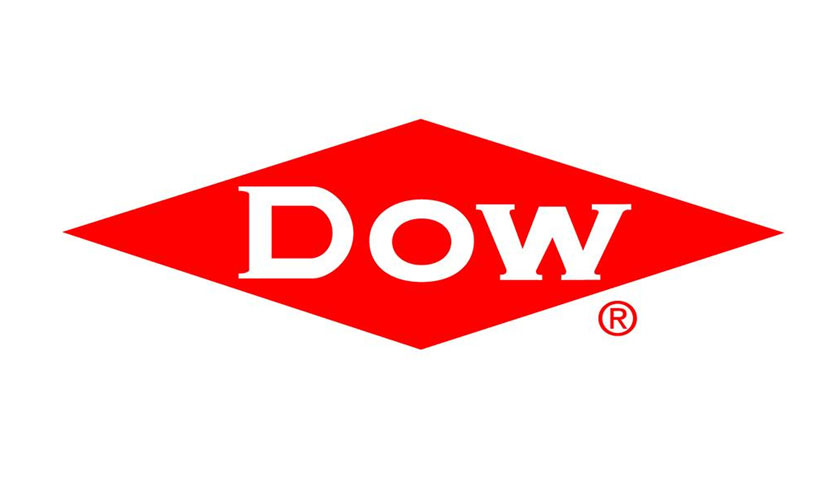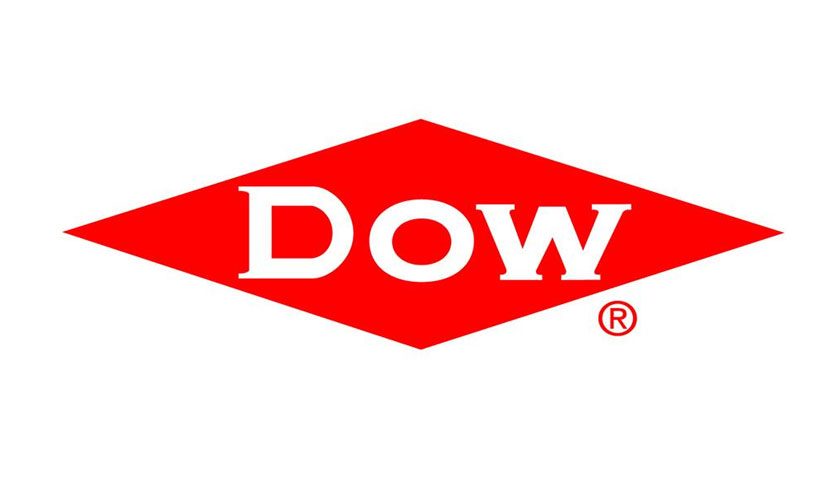Dow, and Crocs Inc., a global leader in innovative casual footwear, have announced an exciting collaboration to create shoes that balance environmental responsibility with effective performance. Dow will supply bio-based materials for use in Crocs’ manufacturing process, which have an even lower CO2 impact than their current Croslite™ material, providing a more sustainable choice for Crocs’ customers everywhere.
This involves Crocs introducing bio-based Croslite™ into its shoes – the predominant material in Crocs footwear. This bio-based material uses Dow’s new ECOLIBRIUM™ technology to create a more sustainable solution with a lower CO2 impact.
New bio-based Croslite™ will be introduced to modify Crocs’ existing product lines, uniquely positioning the brand to create a lower carbon footprint footwear as opposed to creating a new and separate sustainable line. This approach provides Crocs’ customers with the same performance and comfort they expect from the brand, while offering them a product with a lower environmental impact.
The collaboration unites both brands in their journey toward carbon neutrality, with Crocs aiming to reduce the carbon footprint of its shoes by 50 percent by 2030* as part of the brands overall commitment to becoming a net zero brand.
Similarly, Dow is working towards reducing its net annual carbon emissions by 5 million metric tons by 2030, and is working relentlessly with customers to help them cut their emissions, embracing alternative feedstocks as one of many solutions.
“We’re thrilled to be working with Crocs to help reduce the carbon footprint of its footwear,” said Diego Donoso, business president for Packaging & Specialty Plastics at Dow. “We’re continually looking to collaborate with like-minded companies, such as Crocs, to support with their carbon reduction goals and work towards more circular solutions. We know that consumers are increasingly demanding more sustainable products and paying careful consideration to where their goods come from and how they are made. So, it’s a very exciting opportunity for Dow to answer this consumer demand in a new way, while supporting the sustainability journey of a well-loved and iconic brand.”
“We’re exploring the many possibilities the collaboration with Crocs will bring and look forward to embarking on a lasting and meaningful alliance that provides more sustainable footwear choices for Crocs wearers everywhere.”
Crocs CEO Andrew Rees adds, “For Crocs, achieving our goal to be net zero by 2030 is a top priority, and it couldn’t be done without the right partner who was equally as invested in working with us to start by reducing the carbon footprint of our footwear. Dow’s ECOLIBRIUM™ Technology is a best-in-class solution, resulting in a shoe that delivers the comfort customers expect from Crocs, but is much better for the planet. We’re grateful for Dow’s long-standing partnership and continued innovation, enabling Crocs to reveal the ‘shoe of the future’ as the first footwear brand to go-to-market with this technology.” To learn more about how Crocs is taking action to create a more comfortable world, visit https://www.crocs.com/crocs-purpose.html.
As a leading materials science company, Dow is at the forefront in driving the transformational change that is needed to tackle the challenges of climate change and the environment. The collaboration represents another key example of Dow’s continued effort to address both carbon footprint and accelerate circular solutions.
To learn more about how we can enjoy the footwear we love while lowering our carbon footprint, visit www.dow.com/sustainablefootwear.
*Carbon footprint reduction based upon Classic Clog footprint, utilizing July 2021 footprint of 3.94 kg CO2eq. as baseline. This metric was calculated using the Higg Product Module 1.0 at Higg.org. This calculation was conducted internally, was 3rd party verified, and represents a cradle to grave impact.


